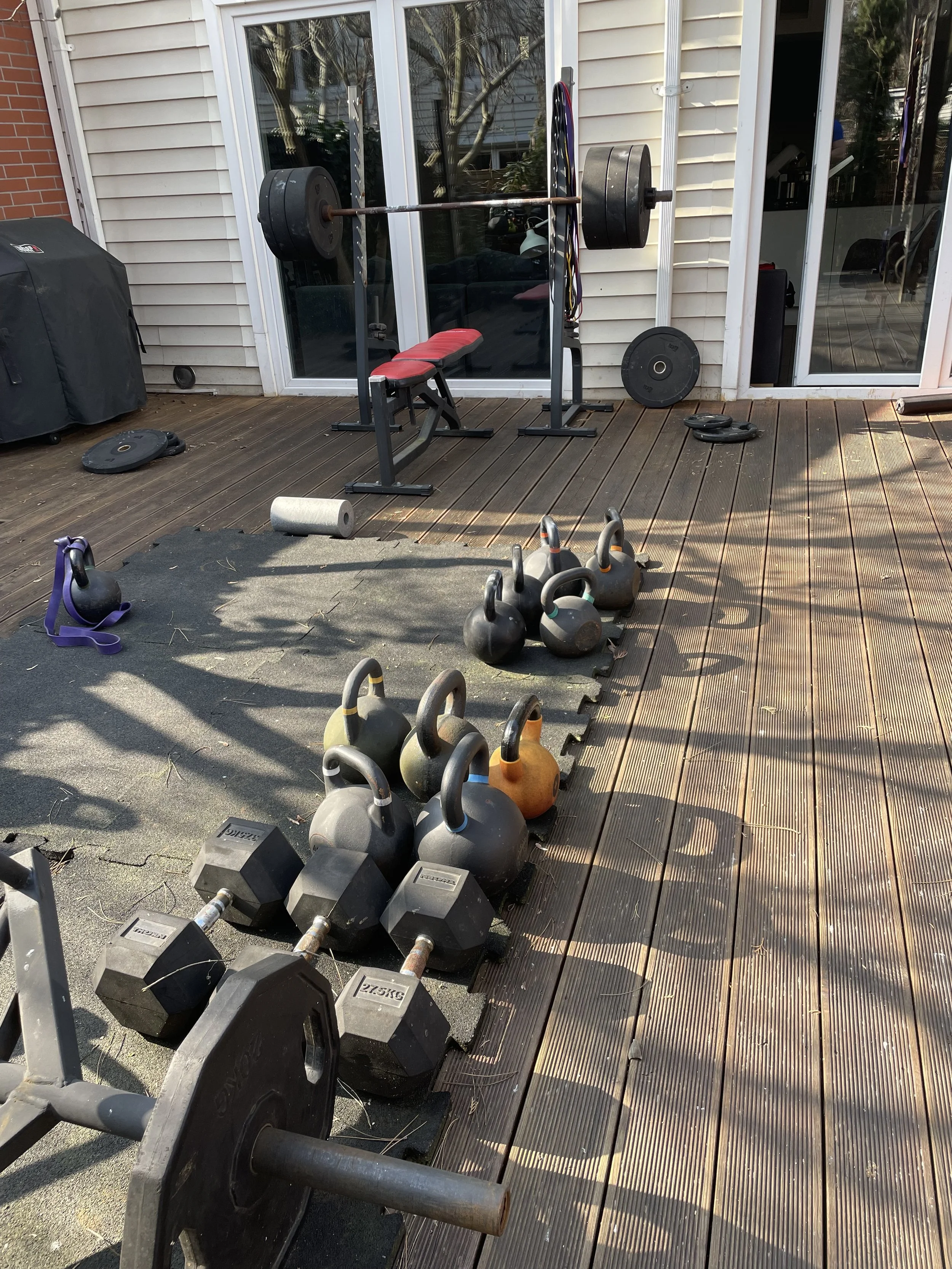Model-Art: A Polish Marine Engineering Powerhouse Ready for International Partnerships
There are only a few companies in Europe that combine deep design experience, full in-house manufacturing capabilities, and the ability to serve both recreational and institutional clients with equal excellence.
Model-Art, based in Ostróda, Poland, is one of them.
With nearly three decades of experience, Model-Art has built a reputation for precision craftsmanship, robust engineering, and an uncompromising approach to quality. Their production spans a wide range of vessels—from luxury leisure boats to rigid inflatable boats (RIBs) tailored to special-purpose needs. The company has an established track record of collaboration with some of Europe’s most recognized marine brands, including:
What sets Model-Art apart is its integrated design-to-delivery setup: over 50 experienced engineers and technicians operate across the full value chain—from 3D modeling and prototyping, through composite processing and outfitting, to final quality control.
Their factory has been optimized for scalable, high-spec production with modular flexibility.
The company has delivered thousands of units to clients across Europe and beyond, operating under both their own brand and as an OEM partner.
I maintain a strategic relationship with Model-Art, supporting their international visibility and helping to identify new areas of opportunity, particularly where civil and special-use needs intersect.
Model-Art is currently open to new international partnerships—whether you’re looking for a trusted OEM producer, a strategic partner in product development, or a capable supplier for dual-use marine solutions.
Let’s connect if you’re looking for trusted production capabilities in the marine or defense-adjacent sectors.
Adam Bąkowski
Why I Train Every Day?
I've been training since I was twelve. First kayaking – medalist at the Polish Championships. Then rugby, CrossFit, and now BJJ, lifting, deadlifts, kettlebells, ergometer. For over 30 years, sport hasn’t been a side activity. It’s been my operating system—for energy, focus, and clarity in both leadership and personal life.
Sport is my decision-making lab. Paddle, mat, and barbell teach me how to manage stress, control chaos, and make decisions when it hurts.
When I train, I test myself.
Kayaking taught me solitude, rhythm, and deep focus.
Rugby taught me brutal teamwork and cold decision-making under pressure.
CrossFit pushed me forward but showed me the thin line between progress and burnout.
BJJ is my strategic matrix: planning, improvising, humility. BJJ also teaches ego control: you lose, you tap, and you come back—especially when you're older. It also teaches respect—for the art, for your coaches, and for your training partners who push you, teach you, and choke you with a smile. Again and again. It’s a humbling experience that translates directly into how I handle failure and pressure.
Leadership is mentally demanding. Training helps me stay sharp. It's not a metaphor—it's just practical. When I train, I reset my system and build capacity to handle pressure.
I train to stay connected to myself without interference. Because when I grab the bar or step onto the mat, there’s no hiding. Your body tells the truth: Did you sleep? Did you recover? Did you do the work?
And leadership? It’s a game of clear thinking and calm execution. Sport trains both.
I can’t imagine life without training. Because I can’t imagine leading without being in touch with my own body, tension, and the silence after the last rep.
Who is this for, and why?
This isn't written for athletes. It's for leaders who want to go longer, better, and with more resilience. For those who understand that the brain performs better when the body is sharp.
You don’t need to start with BJJ, deadlifts, or kayaking. Start with anything that pushes you. That forces regularity, effort, and honest contact with yourself.
Because sport isn’t a task. It’s a system to return yourself to a ready state.
The Status Game: A Silent Saboteur of Organizational Effectiveness
“The flaw, and indeed tragedy, of American corporate life is that the vast majority of an individual employee’s energy during their working lives is spent merely on survival.”
– Alex Karp,
In many companies, performance doesn’t suffer because of a lack of capital or strategy, but because of something harder to detect: status signaling. It’s a quiet, persistent force that shapes who speaks up, who gets resources, and who gets promoted.
In The Technological Republic, Palantir’s CEO Alex Karp offers a clear-eyed critique of this dynamic. While rooted in the world of tech, his observations are relevant far beyond Silicon Valley. For anyone building teams and leading change, his analysis feels familiar—and deeply useful.
When Meetings Become Theater
“It is now commonplace to hold meetings of 20, 30, even 50 people… These gatherings are merely mechanisms through which corporate elites jockey for stature and resources.”
Karp’s description of corporate meeting culture hits close to home. In many organizations, meetings aren’t where things get decided—they’re where visibility is managed. The energy spent preparing decks, aligning narratives, and rehearsing messages is often out of proportion to any real progress.
The cost of this is high. Talented people who focus on execution—not optics—are sidelined. The organization slows down. Teams become reactive. Political performance quietly takes precedence over business outcomes.
An Alternative Model
“There is only the conductor–CEO—and every one of the musicians plays directly to that person without an intermediary.”
– Peter Drucker, quoted by Karp
Both Drucker and Karp point to an alternative: a direct, high-trust model where leaders stay close to those doing the work. At Palantir, that meant minimizing layers and maximizing access. The top engineers weren’t just workers—they were seen as practitioners of craft, on par with musicians or architects.
This idea resonates. In my own experience, removing friction between leadership and the front line unlocks disproportionate returns. Connection builds clarity. Ownership follows.
The True Cost of Status Games
“Most energy is spent on survival, navigating internal politics and avoiding threats.”
Organizations that reward performance theater over delivery risk something worse than inefficiency—they risk losing the trust of their best people. Over time, perception management becomes a skillset in itself. Value creation is no longer the only route to recognition. And when that happens, top talent leaves quietly—or never joins at all.
What Tech Got Right
“The success of Silicon Valley is not the software — it is the cultural norms that make such software possible.”
Too often, companies try to replicate the outputs of the tech world—agile delivery, rapid iteration—without investing in the culture that makes those things possible.
The foundational traits are well known:
– Bias for action
– Flat communication
– Constructive feedback
– Psychological safety
What’s less obvious is that these are not perks—they’re structural enablers. Tech companies don’t win because they move fast. They win because they are designed to move fast.
What I’ve Learned to Ask as a Leader
I’ve worked across industries—tech, retail, services—and I’ve seen how status dynamics can quietly hijack execution. Over time, I’ve learned to look for early signs and ask sharper questions:
– Is our structure optimizing for speed, or for control?
– Are we rewarding insight, or presentation?
– Do the people closest to the customer have a voice in the room?
These questions aren’t rhetorical. They are operational levers.
Final Thought
Too often, traditional companies bring in people from the tech world hoping for change—only to absorb them into the existing system. Their ideas are diluted. Their edge is smoothed out. And eventually, the conclusion is drawn: “They didn’t fit.”
The truth is: they weren’t meant to fit. They were meant to stretch the system. And when the system resists, the organization loses its chance to grow.
The companies that succeed over the next decade won’t be those with the most transformation workshops. They’ll be the ones with the courage to confront the invisible forces—like the status game—that quietly kill velocity, engagement, and ambition.
Data isn’t reporting. It’s competitive advantage.
Most analytics tools give you dashboards. Ours gives you leverage.
At IPH, we’ve just launched a product designed for FMCG manufacturers and distribution partners who are ready to use data not just to observe, but to act. This isn’t another BI layer. It’s a tool for driving real growth in sales, margins and market share—at the store level, and in real time.
What makes it different?
We’re not focused on KPIs for the sake of reporting. We’re focused on visibility that leads to action.
Here’s what the product delivers today:
Clear insight into price dispersion across regions and store formats
Store-level breakdown of how your pricing strategy is executed
Measurable promo effectiveness, linked to actual sales uplift
Share of sales by geography, channel, and competitor set
Heatmaps of brand presence, showing where you’re winning—and where you’re not
The common thread is simple: clarity, relevance, and operational impact.
This is data used as a strategic asset, not a decorative slide in a business review.
None of this would be possible without the team at IPH, who approach data with a builder’s mindset and a commercial lens. Nor without our partners who understand both the speed and the substance required to co-create something new. Special thanks to the team at Deloitte, who worked closely with us in shaping this product from the ground up.
The product is live. And the first users are already putting it to work.
If you’d like to explore the live version or see how it could work in your business context, feel free to reach out—or visit us at www.iph.com.pl.
More soon.
Adam Bąkowski































